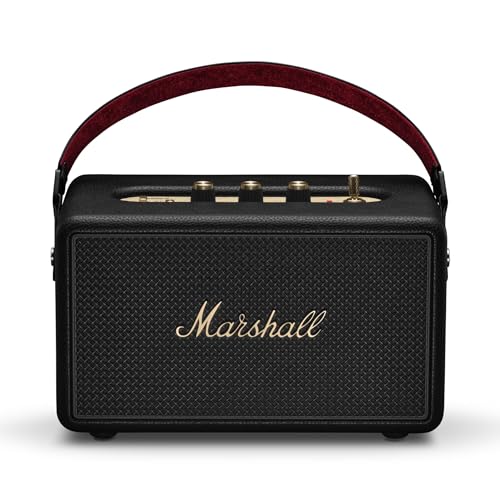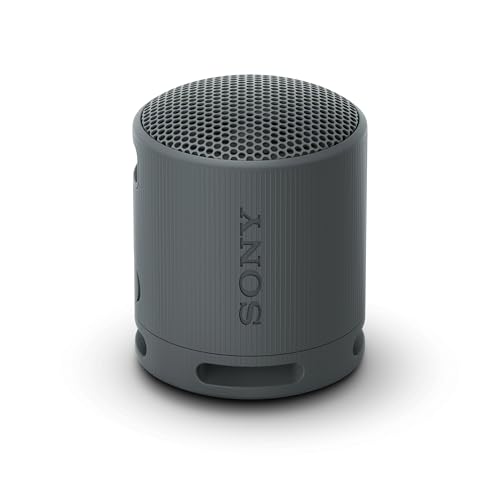Cruise lines dropped more rule changes in 2025 than a firmware update nobody asked for. What used to be “floating freedom” now comes with enough fine print to choke a maritime lawyer. From dessert charges to balcony smoking bans, these new policies are hitting passengers where it hurts—their wallets and their vacation vibes. Some folks are learning the hard way that ignoring the memo can cost serious cash or even get them kicked off the ship entirely.
14. No-Show Dining Fees

Miss your reservation, and your wallet feels it immediately.
Royal Caribbean and Norwegian Cruise Line now slap passengers with $50-per-person “no show” fees at specialty restaurants. Book that steakhouse dinner and decide to hit the buffet instead? That’s fifty bucks down the drain per guest. Even showing up fashionably late can trigger the charge, and many passengers report being blindsided by fees they never knew existed. The policy applies to all specialty venues, from sushi bars to wine tastings.
Staff monitor reservations closely, and the charges appear automatically on your onboard account. Some guests have successfully contested obvious mistakes, but the default assumption is that you knew the rules.
13. Mandatory Drink Package Rules

One person orders a drink package, everyone in the cabin pays.
Carnival, Royal Caribbean, Princess, and Celebrity enforce an all-or-nothing policy: if one adult in your stateroom buys a beverage package, every other adult must purchase the same tier. Medical exemptions are rarely granted, and abstention isn’t considered grounds for a waiver. Bar staff actively monitor for sharing violations, which can result in package revocation and surprise charges.
The rule extends even to Carnival’s “Cheers Zero Proof” non-alcoholic package. Couples where one person drinks and the other doesn’t are particularly frustrated by this policy, as it can double their beverage costs unexpectedly.
12. Restricted Onboard Credits

Free money comes with more strings attached than a marionette.
Complimentary onboard credits, casino comps, and dining vouchers now carry tighter restrictions than ever. Many expire mid-cruise, can’t be applied to gratuities, and are valid only during specific hours or at designated venues. The fine print is strictly enforced, catching guests off guard when they try to use credits they assumed were flexible.
Some passengers report losing hundreds of dollars in unused credits because they didn’t realize the limitations. Always check expiration dates and usage terms immediately upon boarding.
11. Dessert Upcharges

Those “free” treats now cost more than your morning coffee.
Carnival transformed previously complimentary desserts into profit centers, charging $3-$5 for cupcakes, churros, donuts, and other specialty items at pop-up cafés. What used to be included perks are now menu items with prices that would make a food truck blush.
The charges apply specifically to grab-and-go treats outside the main dining room and buffet. Regular desserts at meals remain included, but those Instagram-worthy specialty sweets are now pay-per-bite.
10. Conduct Crackdowns
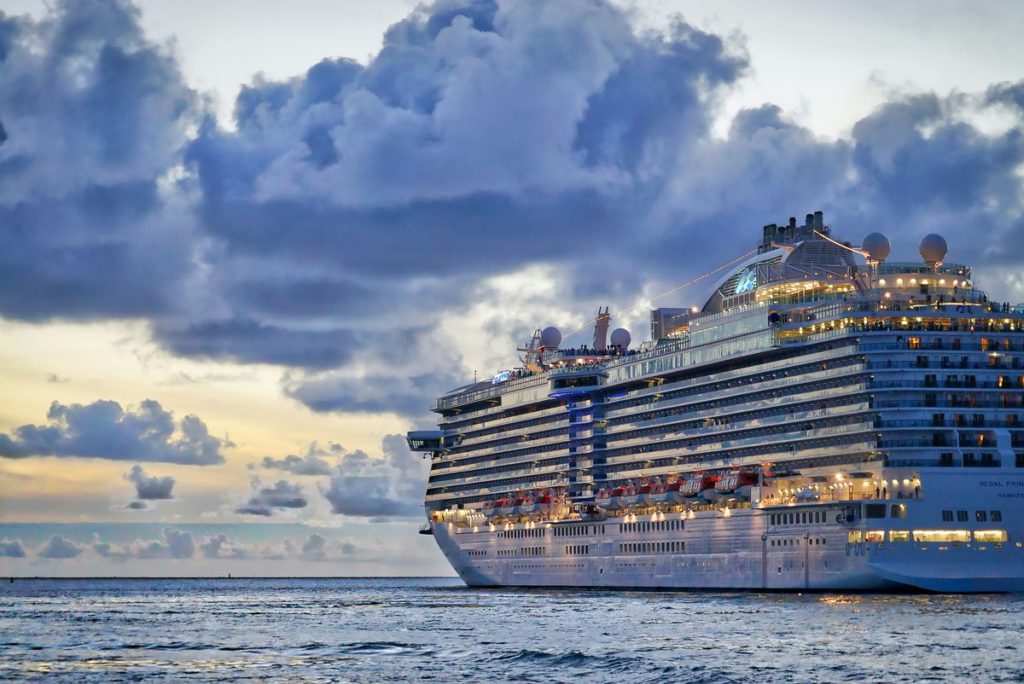
Your hallway karaoke career just ended.
Loud or disruptive behavior now triggers written guest conduct reports, fines, and potential removal from the ship. Carnival and Royal Caribbean enforce quiet hours more strictly, treating violations like resort-style infractions. Balcony singalongs, party cabins, and corridor celebrations can all result in official warnings.
Multiple violations escalate quickly to financial penalties or expulsion. The policies mirror high-end resort management, reflecting the industry’s shift toward family-friendly, controlled environments rather than party atmospheres.
9. Hidden Port Fees
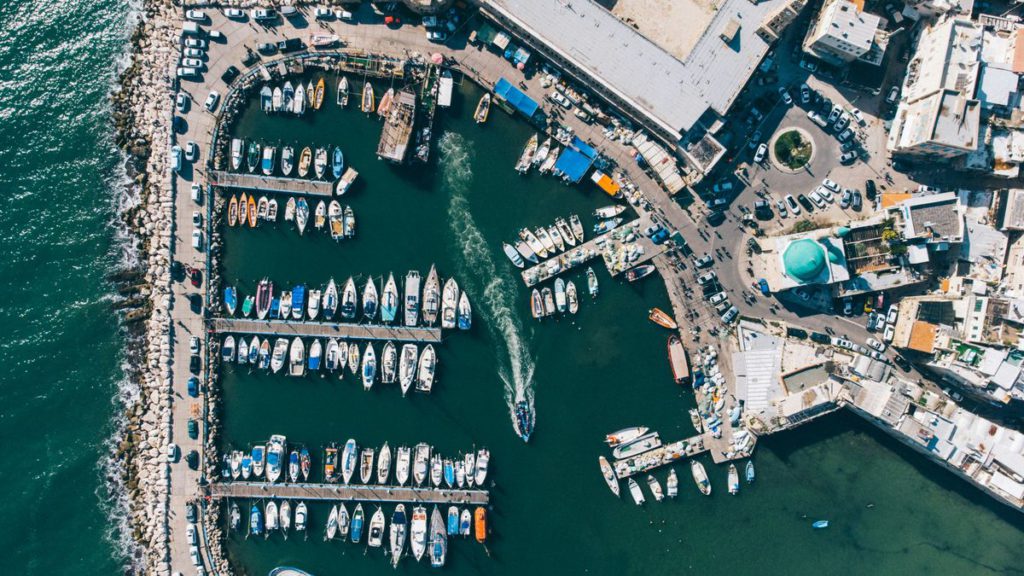
Your final bill includes surprise charges from ports you barely remember visiting.
Passengers increasingly discover unexpected charges at voyage’s end due to new local port taxes, maintenance fees, and tourism charges that weren’t disclosed upfront. These line items can add $10-$20 per person per port, appearing as surprise additions to your final statement.
Cruise lines disclaim responsibility for these fees in their contracts, noting that port authorities can impose charges at any time. The lack of advance notice frustrates guests who budgeted carefully for their trips.
8. Pool and Hot Tub Beverage Bans
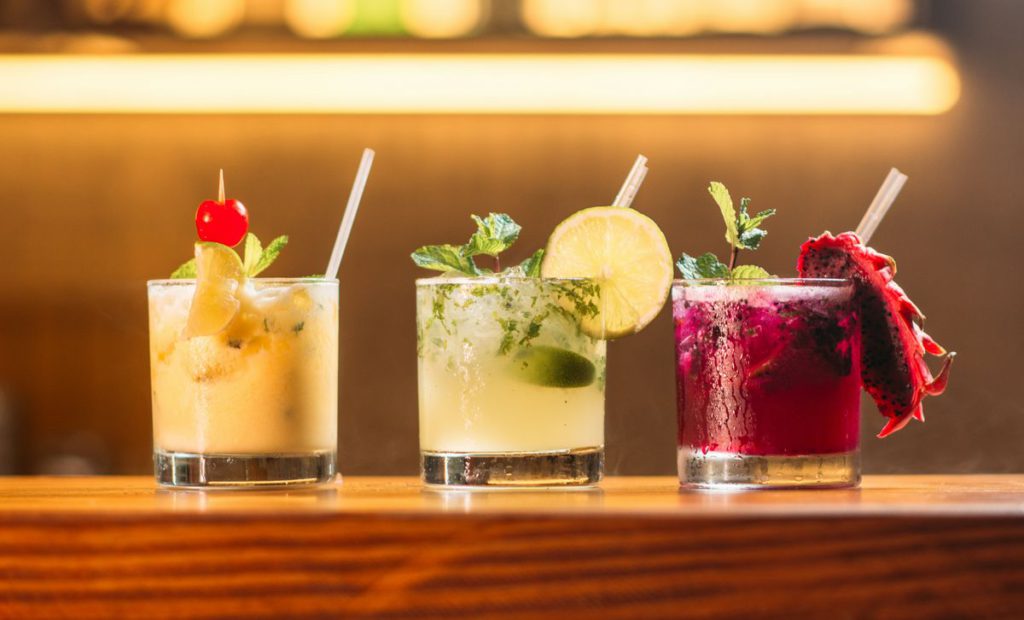
Sippin’ while soaking is officially over.
Safety policies now prohibit any beverage—not just glass containers—in or near pools and hot tubs across major cruise lines. Passengers must consume drinks exclusively at poolside tables, not while actually in the water or hot tub areas. The policy cites slip hazards and liability concerns.
Even plastic cups are confiscated if brought into the water. Staff patrol pool areas regularly, and violations can result in removal from the pool deck.
7. Electronic Equipment Confiscations

Pack your power strips at your own risk.
Strict fire safety rules mean surge-protected power strips, extension cords, personal Wi-Fi routers, steamers, and certain electronics are confiscated at boarding if detected. Passengers risk losing property entirely, with no guarantee of return. The policies stem from fire prevention regulations that treat these items as potential hazards.
Approved power strips must be non-surge-protected and meet specific criteria. Many passengers learn about these restrictions only when their items are taken during the security screening process.
6. Age Restrictions for Solo Travelers
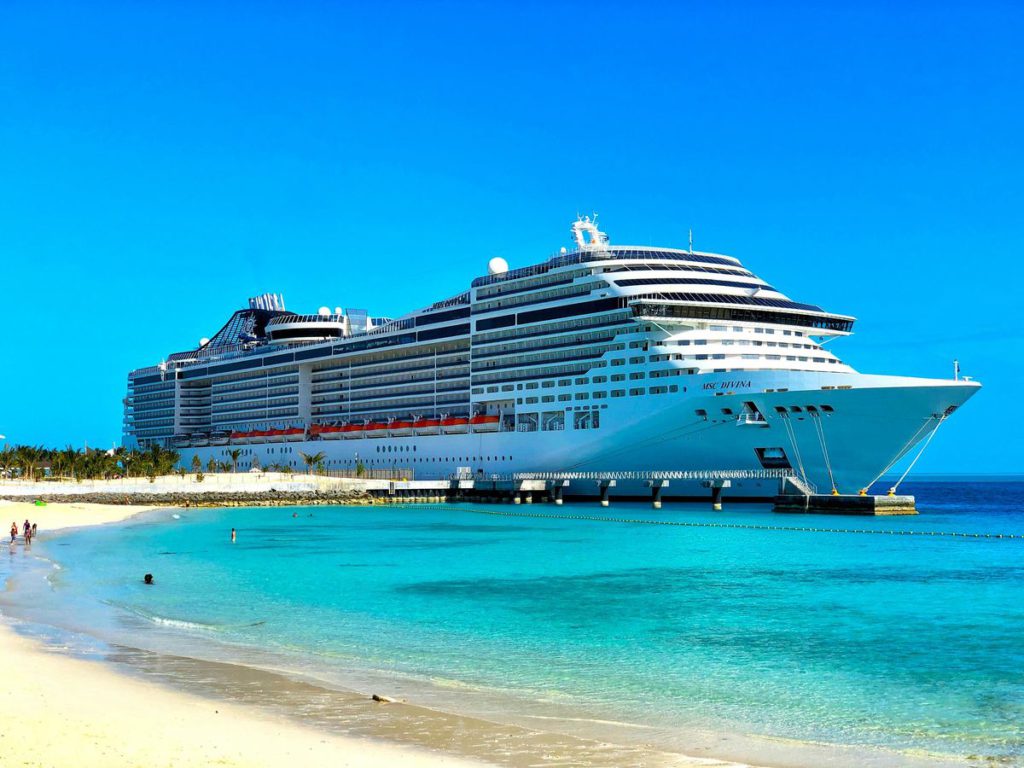
Young adults need chaperones like it’s summer camp.
Ships increasingly require adult guardians for solo passengers under 21, even for short voyages. The policy limits independent travel for young adults and surprises those who previously cruised solo without issue. Most lines require the guardian to be in the same stateroom and be at least 21 or 25 years old.
College-age travelers are particularly affected, as spring break and graduation trips now require family members or older friends to accompany them.
5. Smoking and Vaping Penalties

Light up on your balcony, and prepare for serious consequences.
Smoking and vaping are now prohibited on cabin balconies fleetwide for most major cruise lines. Violations can result in $250-$500 fines and potential expulsion from the vessel. Only designated outdoor smoking areas on open decks are permitted, and these are often limited and crowded.
Enforcement is strict, with crew members patrolling balcony areas and guests reporting violations. Multiple offenses almost guarantee removal from the ship at the next port.
4. Cabin Decoration Bans
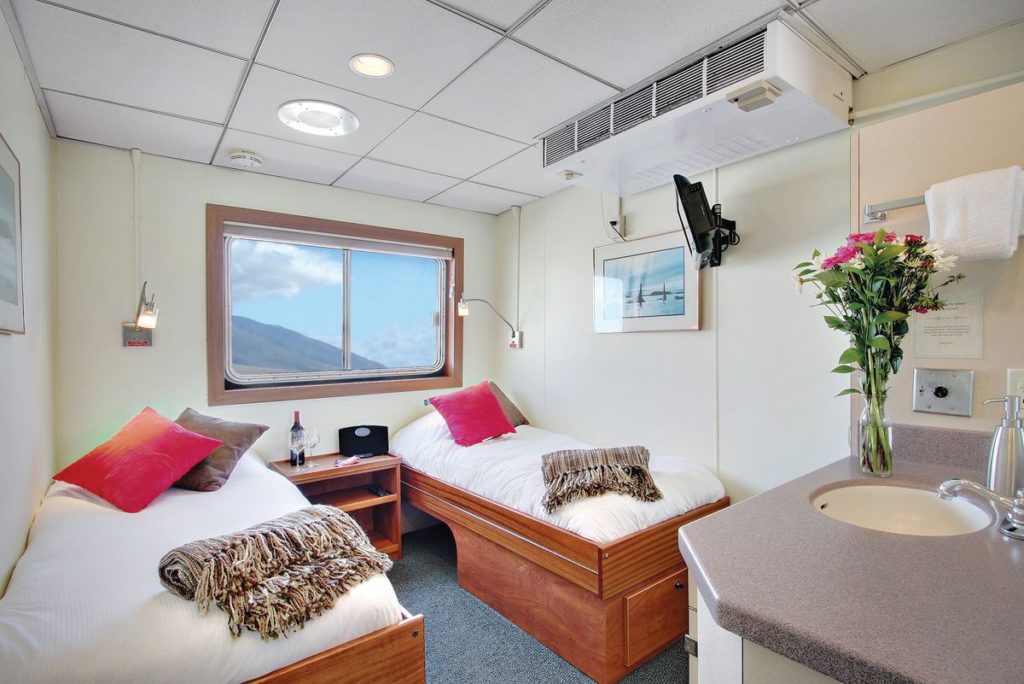
Your door is no longer your canvas.
Decorations such as balloons, signs, and magnetic displays are banned on most ships due to fire risks and safety compliance. Offenders receive warnings or fees and must remove all non-conforming decorations immediately. The policies apply to anything that could obstruct hallways or pose flammability concerns.
Special occasion decorations that families traditionally used to celebrate birthdays or anniversaries are now prohibited, disappointing guests who wanted to personalize their cruise experience.
3. Embarkation Appointment Requirements
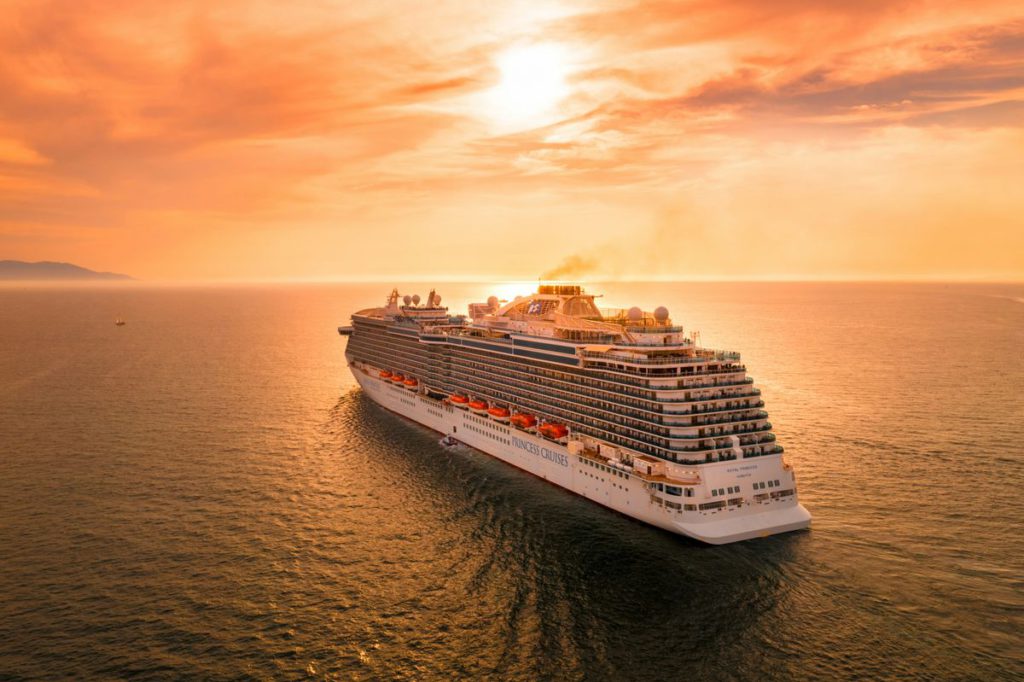
Show up whenever you want? Those days are done.
Passengers must book specific embarkation appointments in advance, and early or late arrivals risk denial of boarding. The appointments help manage crowd flow and security screening, but they eliminate the flexibility cruise travelers once enjoyed.
Missing your window or arriving significantly early can result in waiting hours for the next available slot or, in extreme cases, being turned away entirely.
2. Passenger Gambling Restrictions

Friendly poker games are now against the rules.
Informal gambling among passengers using cash—even small-stakes games—is increasingly banned, particularly on Carnival. Staff routinely intervene in card games, dice games, or any cash wagering between guests, sometimes escalating to security involvement.
Only officially sanctioned casino gambling is permitted. The policy extends to sports betting pools and friendly wagers that were previously overlooked by crew members.
1. Beverage Packaging Restrictions

Cases of water are contraband, but refillable bottles are your new best friend.
Most mainstream lines prohibit bringing cases of water bottles onboard, citing environmental concerns and alcohol smuggling prevention. Only refillable bottles are permitted, with abundant water available at bars, restaurants, and fill stations throughout the ship.
The restriction forces passengers to rely on ship-provided water or purchase individual bottles onboard at inflated prices. Environmental messaging aside, it also eliminates a common method of sneaking alcohol aboard in water bottle containers.






















